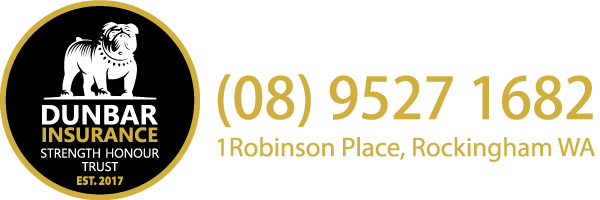Strata Insurance
What is Strata Insurance?
If you own a townhouse, unit, or apartment and you’re sharing common space with others, you don’t want to be left to foot the bill if there’s damage to shared parts of the building or items.
Strata Insurance protects the building and common areas or facilities, with the premiums paid for by the owners’ corporation.
Who should consider it?
Strata insurance is compulsory in every state – so if you’re part of an owners’ corporation in a townhouse, unit, flat, apartment or duplex, the owner’s corporation will need strata insurance.
An insurance broker can arrange strata insurance on behalf of the owners’ corporation.
Did you know?
Strata insurance premiums vary, depending on the level of risk exposure of the area where the building is located
(Insurance Council of Australia, Strata Owners' Fact Sheet, 2018)
According to the Insurance Council of Australia, many strata schemes pay around a third of premiums of an equivalent stand-alone home policy.
(Strata Community Association, Understanding Strata, 2018)
The number of apartments in Australia is increasing - with a 30.6% rise in apartment approvals predicted in November 2017
(ABC website, "Apartment boom continues as development approvals jump." 2018)
What can it cover?
Strata Insurance can cover the building and all common or shared property, and contents which belong to the owners’ corporation. The type of cover and its cost will depend on the kind of building, where it’s located and the amount of common property you share
| TYPE OF COVER | POTENTIAL BENEFITS |
|---|---|
| Property Damage | Repair or replacement of damaged property |
| Business interruption | Loss of trading profit following insured damage to property and additional costs and expenses incurred during a claim |
| Theft | Repair or replacement of property stolen |
| Money | Loss of money |
| Public or Products Liability | Your liability to pay compensation for personal injury and property damage as well as the costs involved in defending a claim triggered by the policy |
| Glass | For replacing glass inside or outside your premises, including your shopfront windows, mirrors or display cases |
| Transit | For stock that is in transit on the road, in the air or by sea |
| Electronic equipment breakdown | For repairing or replacing electronic equipment that breaks down |
| Machinery breakdown | Cover for costs associated with machinery breakdown |
| General property | To cover your tools of trade, including laptops and tools that you use for your profession or trade |
| Tax audit | To cover the costs of being autited by the ATO |
| Employee Dishonesty | Direct financial loss of business caused by the dishonest or fraudulent conduct of an employee which is first discovered during the period of insurance |
What usually isn’t covered?
Exclusions, and the excess you need to pay and limits of liability can vary greatly depending on your insurer and the requirements of your business. Policies generally won’t include cover for:
- Asbestos or Asbestos Derivatives
- Erosion or Earth Movement
- Cerrtain property features such as fencing
- Contents within apartments
Important note
A product disclosure statement (PDS) is available from Dunbar Insurance. You should consider the PDS in deciding whether to acquire, or continue to hold, Strata Insurance.

